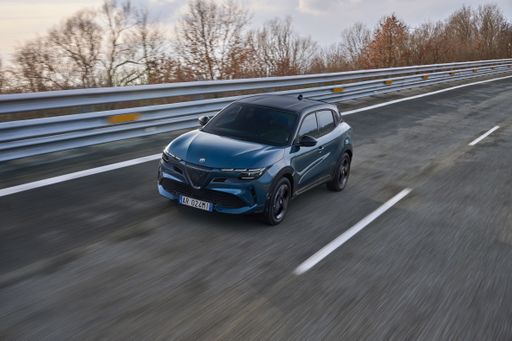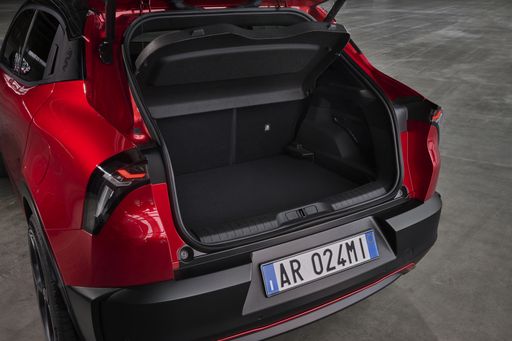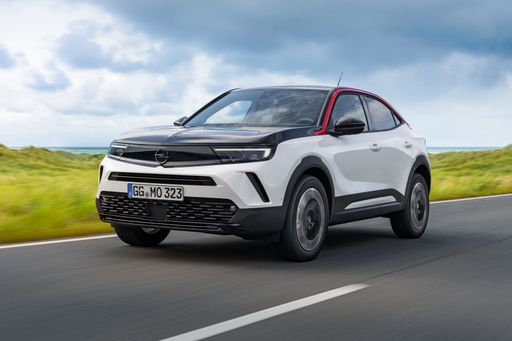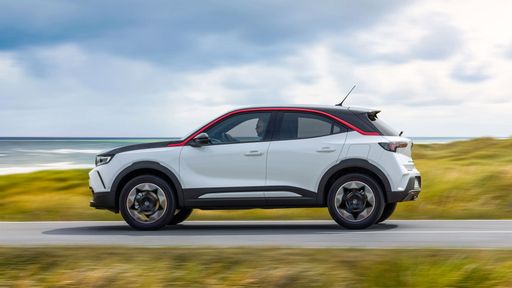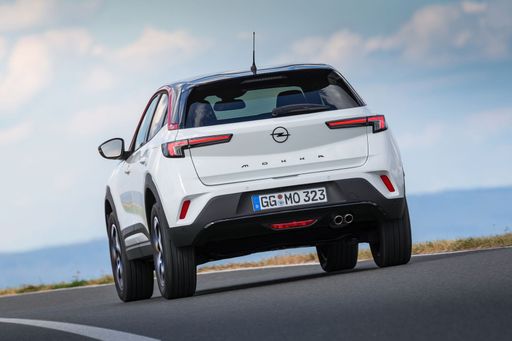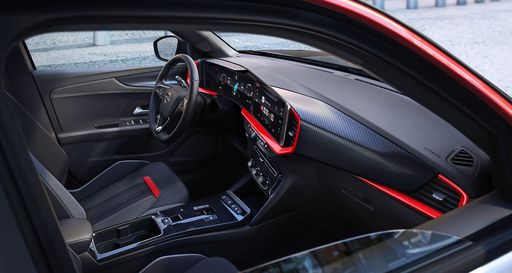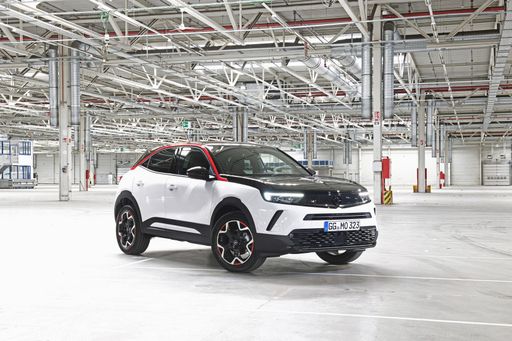Introduction: A Clash of Titans in the SUV Segment
In the world of compact SUVs, the Alfa Romeo Junior and Opel Mokka are two contenders making waves in 2024. Both models bring in a blend of style, performance, and innovative technology, yet they diverge in their approach. This article delves into a detailed comparison, analyzing their technical specifications, innovations, and overall appeal to help prospective buyers make an informed decision.

